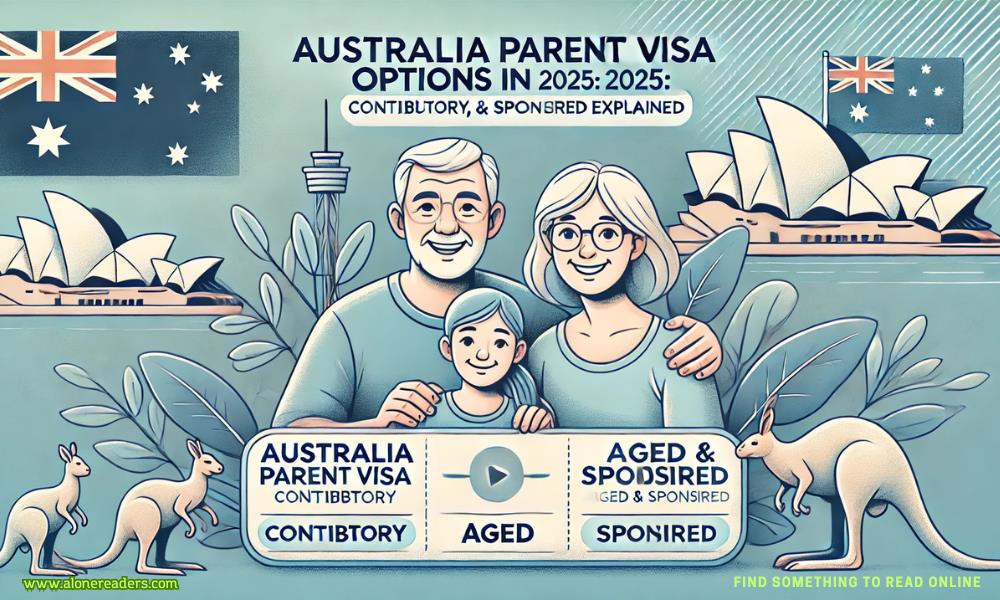Page 51 of Take Me Home for Christmas
She nodded. As we made our way across the street, I asked, “What’s the story behind the beat-up Christmas book that Emma wants to read fifty times a day?”
“Grace and I loved it,” she said. “We used to beg our dad to read it over and over. Except I used to listen, while Grace pantomimed and performed it. She was such an actress.”
I thought about the photo in Mia’s room with the birthday cake. “Sounds like Grace was an extrovert?”
“Definitely.” Mia talked animatedly, using her hands. “She was bold and funny and…and she lived in Technicolor. Nothing frightened her. I try to remember that. It helps me sometimes.”
I loved hearing her talk about her sister. “I think you live in Technicolor too. I mean, you became a doctor because of her, right?”
She minimized that by shrugging it off. “I guess you feel helpless when something like that happens, so you want to do anything you can to make it have meaning. Like, if I help other kids, somehow that makes Grace’s death easier to handle.”
“I think you’re amazing.” It felt good to finally be able to tell her.
She shook her head. “I’m not a martyr. And you did the same thing—you saw how Dr. Pendergast helped people, and you wanted to do that too.”
“He was a huge influence,” I said. “If it weren’t for him, I never would’ve gone to med school. He believed in me until I learned I could believe in myself.”
“How did you meet him, anyway?” She linked her arm through my mine as we walked. It felt nice.
“He gave a lecture to the premed organization at UW, and I happened to ask him a question afterward—I don’t even remember what I asked, but it turned out to be the best question of my life. He saw my curiosity, struck up a conversation, and we’d hit it off. He ended up taking me under his wing, helped me get into med school, and totally changed the course of my life.”
She regarded me carefully. “That’s very powerful.”
I nodded. “And lucky. A kid like me could’ve ended up a whole lot worse.”
“I’m not sure I buy that,” she disagreed. “You got yourself a full scholarship to college. I think you would’ve been successful even without meeting him.”
“Thanks for believing that,” I said. “All I know is I hope to someday help kids like I was helped.”
That was about enough about me. We were getting close to the bookstore, and I was running out of time to bring up something that had been on my mind for a while. “Can I ask something personal? Have you thought about applying for the heme-onc fellowship? I mean, you gravitate toward those kids. I get how you feel about Rylee and Reagan now.”
“I see a lot of me and my sister in them,” she said carefully, “but I couldn’t handle all that emotion full-time. I know my limits.”
I felt in my gut that she wasn’t telling me the whole story. “There are a lot of success stories too.”
“I can’t relive my own tragedy whenever I lose a patient. I just can’t.”
She was adamant, more than adamant, and she was drawing a line in the sand. I had to respect it. “I didn’t mean to upset you.”
She touched my arm, meeting my gaze. “We promised not to talk about work, remember?”
“Yeah. Right. Here we are.” I opened the door to a quaint but crowded bookstore, with a line snaking around full of parents and kiddos waiting to see Santa, who was on his throne in the back. “So what kind of book do you want for Emma?”
“One that’s cool and fun and makes her discover wonderful things. And gives her a love of reading. And one that she remembers that I gave it to her and that I’m the best aunt ever.”
I lifted a brow. “That’s a tall order for one book.”
She laughed. “I know. But I just want to find her the perfect one.”
I shook my head in good-humored resignation as we headed to the children’s section. The Santa line was noisy and a baby was crying loudly. On a more pleasant note, the store was filledwith the scent of books, something that always made me happy. “You love giving gifts, don’t you?”
“Yes,” she said unabashedly.
“Like, how much?” I tried not to look mystified. I wondered, with a childhood where no one baked cookies or even expected presents, if I could pretend that all of this wasn’t a mystery to me.
She checked out a Christmas display of kids’ books. “Because it means you’re thinking of someone. You understand what they like, and it’s just a little thoughtful way of being nice to someone. And when you open a gift, it’s just plain fun.”
I must’ve gone quiet, because I found her studying me in a peculiar way. “Brax, did your family ever celebrate Christmas?”
- Beneath the Burn by Pam Godwin
- Unhinged by Jane Henry
- Praise Me: Soldier by Jessa Kane
- Irresistible Temptation by Tory Baker
- The Brat and the Bodyguard by S.E. Law
- Seduced By the Mafia Don by Flora Ferrari
- However You Want Me by W. Winters
- Mountain Protector by Stella Banks
- Kissing My Brother's Best Friend by Lena Little
- Tempted By the Devil by Sienne Vega
- Husband for the Holidays by Dani Collins
- Arranged by Piper Stone
- Redemption by Tori Fox
- Inked Soul by Jade Marshall
- Speed by R.J. Scott
- Always You by R.J. Scott







